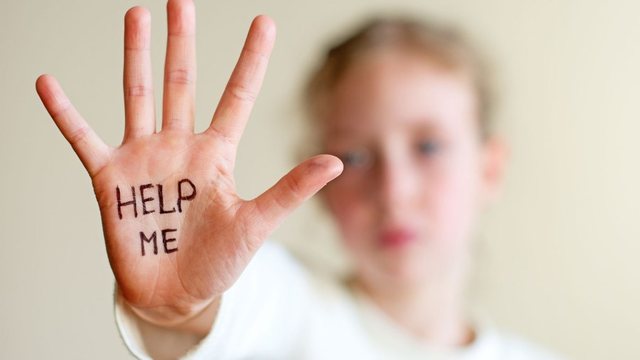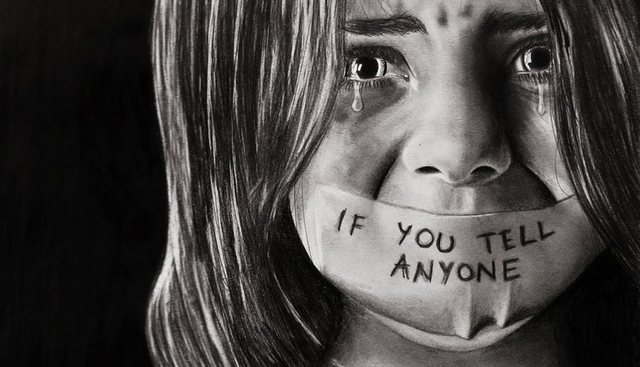
Parents often try to figure out what a pedophile looks like! What does it look like? What features different from other ordinary people? Unfortunately, the truth is that they do not look different from anyone else, neither from me, nor from you, from anyone ... As parents, we all want to protect our children from these monsters, but how to keep them? safe children when we do not know how to distinguish these species of humans. Anyone can be a pedophile, so identifying them can be very difficult. It could be a neighbor in the neighborhood where we live, a priest in the church near the house, a relative of the parents, a person in our tribe, everyone!
Child abusers come from all walks of life and from all socio-economic groups. They can be male or female, rich or poor, employed or unemployed, religious or non-religious, educated or uneducated, there are a variety of characteristics. There is one detail you need to pay attention to, especially if you are a parent: as the days or months go by a person who has attempts to abuse your child begins to become more and more trusted to your family, decides to take positions. of a friend, approaching different roles ... Sometimes as a grandfather bringing toys to your children, sometimes taking your little ones for shopping or traveling, or spending time with them in other ways. Many pedophiles do not start abusing a child until they gain trust.
Characteristics:
â?¢ Pedophiles look for children who are vulnerable to their tactics because they lack emotional support or are not getting enough attention at home from their parents. Or in other cases they try to convince the parents that their children are safe with them.
â?¢ Some pedophiles track children with divorced parents who do not have much supervision or convince parents that they are good enough people to take care of their children.
â?¢ A pedophile often uses a variety of games, activities, and other language to gain the trust or deceive a child. These include: keeping secrets (secrets are valuable to most children, being seen as something "adult" and a source of power), clear sex games, petting, kissing, touching, exposing a child to pornographic material, bribes, flattery, and worst of all, love. Be aware that these tactics are eventually used to isolate and confuse your child.
â?¢ Make sure your child does not know how to send a picture to a person he or she has met online, or meet someone he or she is communicating with online.
â?¢ Know that children are often secretive about online behavior, especially when encouraged by others to keep secrets, so you will need to be vigilant to stay involved in your childâ??s online activity.
â?¢ Pedophiles will ask children to keep something secret from their parents.
â?¢ Since children who do not receive much attention are particularly accessible to abusers, make sure you are spending a lot of time with your child and that he or she feels supported. Take the time you need to talk to your child every day and work towards building an open relationship of trust.

â?¢ Express interest in all of your child's activities, including school, extracurricular activities, passions, and other interests.
â?¢ Let your child know that he or she can tell you everything and that you are always ready to talk to them.
â?¢ Teach your child that no one is allowed to touch him in intimate areas. Many parents define private areas as those that will be covered by a bathing suit.
â?¢ Tell your child to say "NO" and leave if someone tries to touch them in the intimate area.
â?¢ Tell your child to come to you immediately if someone touches them in the wrong way.
Being as involved in your child's life as possible is the best way to protect them from pedophiles. They will look for an unprotected child and who does not get much attention from his or her parents or will convince the parents that they have no risk to their child.

Many parents use the method of "good touch, bad touch, secret touch." This includes teaching your child that there are some suitable touches, such as on the face or cheeks, but there are also some touches of unwanted or "bad" touches, such as slaps or touches from the back, and there are also hidden touches, which are touches. that the child is told to keep it a secret. Use this method or another to teach your child that some touches are not good and when these happen, he or she should tell you right away.
Remember that the most important thing you can do to protect your child is to pay attention. Appreciate their needs and desires, talk to them, and basically just become the best parent you can.
Conclusion: If you don't pay attention to your child, someone else will!





